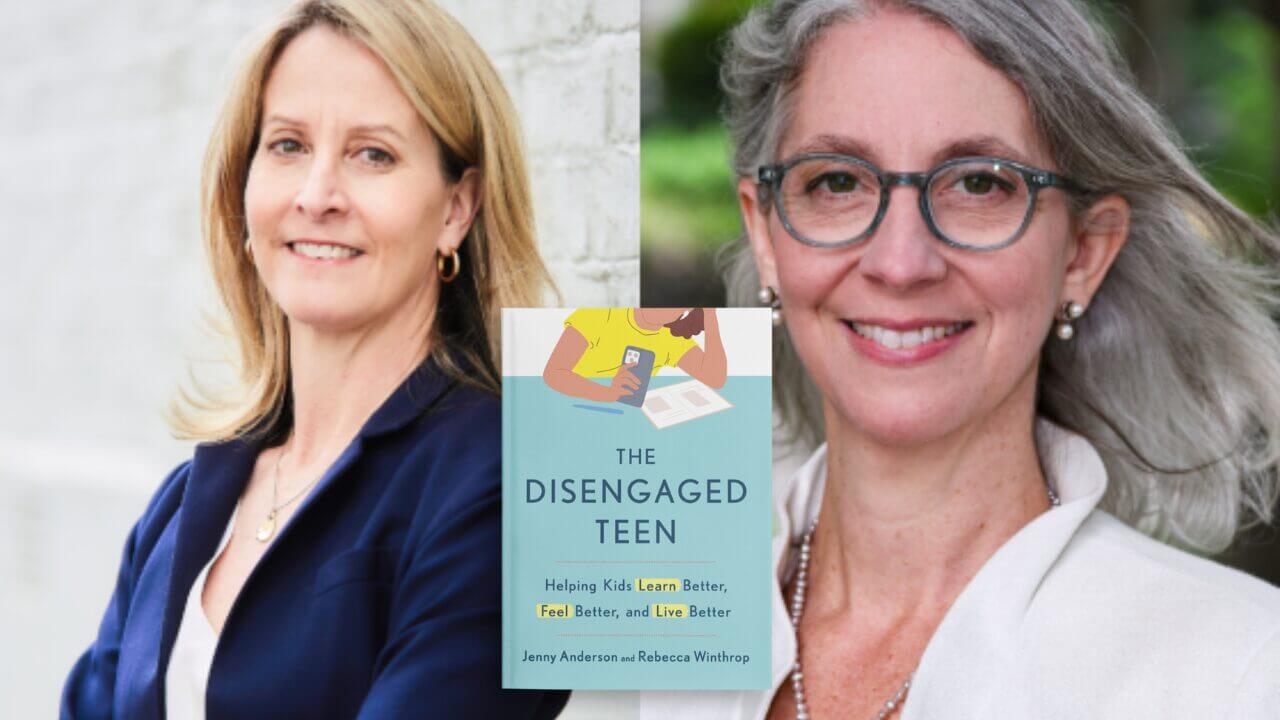Lowery, Quinn Join Carnegie Foundation Board
November 20, 2014
The Carnegie Foundation for the Advancement of Teaching is pleased to announce the election of two new members to its Board of Trustees. Maryland State Superintendent of Schools, Lillian Lowery, and Senior Vice President of Strategy and Research at Teach For America (TFA), Ted Quinn, take office at the Foundation’s annual Board meeting in Washington, D.C., on Nov. 20.
Lowery became Maryland state superintendent of schools and secretary-treasurer of the State Board in 2012. She came to Maryland from Delaware, where she served as secretary of education. She has worked in various education institutions and programs since 1976. She served for three years as the superintendent of the Christina School District in New Castle County, Del. She has served as an assistant superintendent in Fairfax County, Va., and an area superintendent in Fort Wayne, Ind. She began her career as an English teacher at the middle and high school levels in Virginia. A graduate in English and secondary education at North Carolina Central University, Lowery received her master’s in curriculum and instruction at the University of North Carolina, and her doctorate in educational leadership and policy studies from Virginia Polytechnic and State University.
As the senior vice president of strategy and research for Teach For America’s Teacher Preparation, Support, and Development area, Quinn manages a wide range of strategic planning, performance management, and project-based activities, all designed to answer the fundamental question of what works and what doesn’t in TFA’s pursuit of educational equity. Before joining TFA, he was an associate principal with McKinsey & Co., where he advised clients on a wide range of strategic issues. He holds a Ph.D. in physics from the University of Chicago and a B.S. in physics from Stanford University.
Lowery and Quinn can serve two, four-year terms on the Carnegie Board. The Foundation, with offices in Stanford, Calif., and Washington, D.C, is committed to developing networks of ideas, individuals, and institutions to advance teaching and learning. It joins together scholars, practitioners, and designers in new ways to solve problems of educational practice. Toward this end, the Foundation works to integrate the discipline of improvement science into education with the goal of building the field’s capacity to improve.





